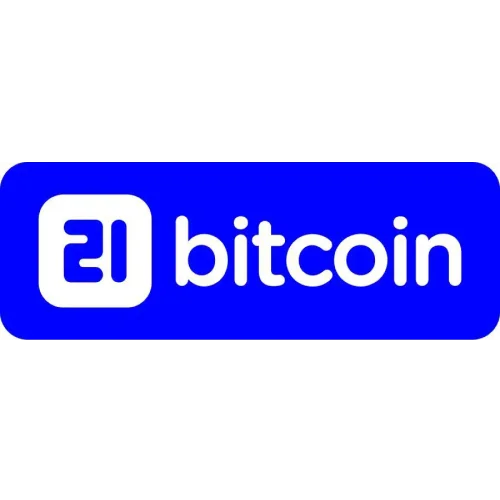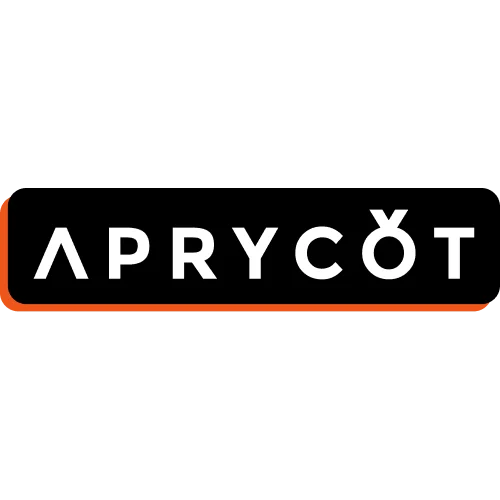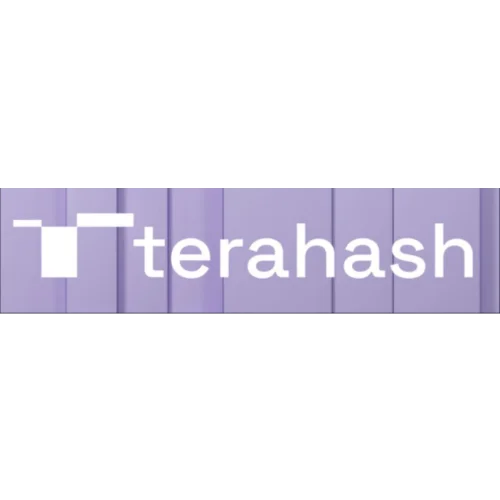Upcoming Bitcoin Halving Event
As the Bitcoin community awaits the upcoming halving event on April 19, which will see mining rewards drop by 50%, not everyone shares the same enthusiasm. While many are celebrating, miners are facing the harsh reality of halved revenues without a reduction in operating costs. However, Fred Thiel, CEO of Marathon Digital Holdings – the largest publicly traded Bitcoin mining company – is remarkably unfazed.
Innovative adaptations and revenue streams
Thiel attributes his optimism to innovative strategies that Marathon is employing to offset the potential financial impact of the halving. Most notably, the company is exploring alternative revenue streams by harnessing the significant heat generated from its Bitcoin mining activities. Thiel explains that a significant portion of industrial energy consumption is dedicated to generating heat, which presents a lucrative opportunity to repurpose waste heat from mining operations for industrial and agricultural purposes.
For example, Marathon in Nebraska is leading a project that involves heating greenhouses and supporting shrimp farming with the excess heat from its mining activities. This initiative not only provides cost compensation for the electricity used in mining, but also promotes sustainable agricultural practices. Such applications mark a shift in perception, portraying Bitcoin mining not as a parasitic activity, but as one that offers various productive opportunities.
Environmental impact and energy efficiency
Marathon has also made headlines with its environmental initiatives, including a pilot project that successfully mined Bitcoin using methane gas extracted from landfills - a potent greenhouse gas. This project not only demonstrated an innovative approach to energy use in mining operations, but also positively contributed to environmental efforts by using a harmful waste product as a valuable energy source.
During a conversation with Senator Cynthia Lummis at the Bitcoin Policy Summit, Thiel explained how converting waste products into energy is consistent with cost-effective mining practices and environmental sustainability. He emphasized that such strategies improve Marathon's mining efficiency and promote a more environmentally conscious image of Bitcoin mining.
Conclusion
Despite the potential challenges posed by the upcoming Bitcoin halving, forward-thinking strategies and technological innovations are allowing key players like Marathon Digital Holdings to adapt and even thrive. By exploring alternative uses for byproducts, optimizing energy sources, and improving overall efficiency, Marathon is able to effectively continue its operations and positively contribute to environmental sustainability. This approach not only mitigates the economic impact of the halving on miners, but also helps change the broader narrative around Bitcoin mining energy consumption.














